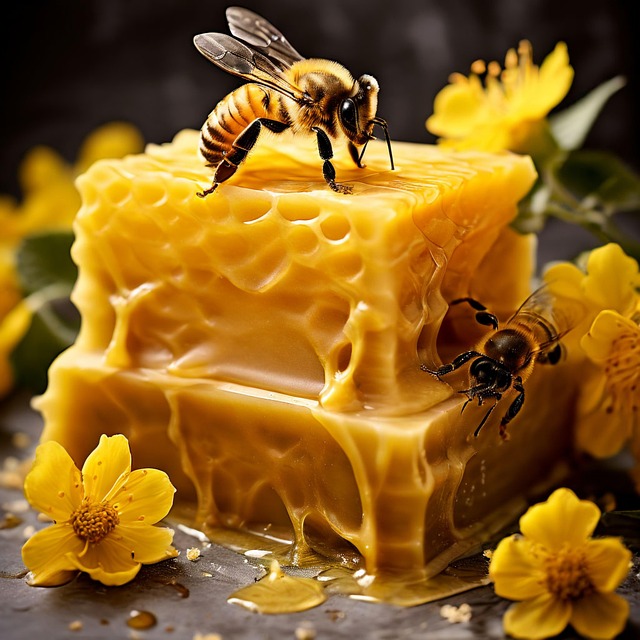Honeybees, the tiny pollinators responsible for 70% of the world’s leading crops, may finally have a lifeline against the combined threats of climate change, habitat loss, and poor nutrition. Scientists at the University of Oxford, working with international partners, have developed a revolutionary “superfood” that provides bees with all the nutrients they need to survive and thrive.
In trials, colonies fed with this specially engineered supplement produced up to 15 times more baby bees that successfully matured into adults. This advance could be a game-changer for beekeepers worldwide, who have seen devastating losses over recent decades.
Why Honeybees Are in Trouble
Honeybees play an indispensable role in food production, yet they face alarming declines. In the United States, annual colony losses have reached between 40–50% over the past decade, while beekeepers in the UK have reported similar challenges. For example, Nick Mensikov, chair of the Cardiff, Vale and Valleys Beekeepers Association, revealed that he lost 75% of his colonies last winter despite hives being full of food.
The problem lies in nutrition. Bees feed on pollen and nectar, which contain essential lipids called sterols, critical for their development and health. Traditionally, when pollen is scarce—especially during long winters or early summers when flowering plants stop producing—beekeepers provide supplementary food made of protein flour, sugar, and water. But this diet lacks sterols and other vital nutrients, leaving bees weak and vulnerable.
A Nutritional Breakthrough
Professor Geraldine Wright of the University of Oxford, who has been leading this research for 15 years, says sterols have always been extremely difficult to manufacture. Her team finally identified the specific sterols bees need and engineered them into a balanced diet.
The experimental supplement was tested in lab hives for three months. The results were dramatic healthier colonies, higher survival rates, and significantly more bees making it to adulthood.
Implications for Beekeeping and Food Security
The invention is particularly promising for years when flowering seasons are cut short, leaving bees nutritionally stressed. Longer periods without access to natural pollen and nectar often mean heavy winter losses for beekeepers.
By providing a complete and scientifically formulated diet, this “superfood” could help sustain colonies through harsh seasons, strengthen resistance to disease, and stabilize bee populations globally.
Looking Ahead
The research team, which includes scientists from Oxford, the Royal Botanic Gardens Kew, the University of Greenwich, and the Technical University of Denmark, has published their findings in Nature. Larger-scale field trials are now planned to test long-term effects, with hopes that the supplement could reach farmers and beekeepers within two years.
If successful, this innovation may not only save honeybees but also safeguard global food security ensuring that the pollinators who sustain so much of our diet can continue to thrive in a changing world.
